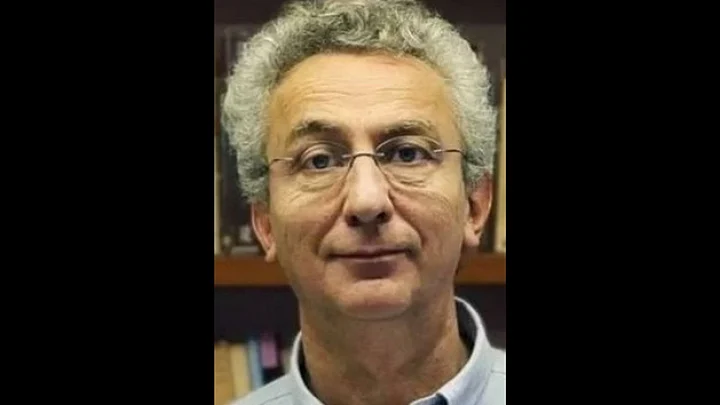The Delhi High Court on Monday, 22 August, sought the Centre’s stand on a plea submitted by UK academic Filippo Osella challenging his deportation from Kerala in March.
Osella, a professor of Anthropology and South Asian Studies at the University of Sussex, has also demanded a declaration that his deportation was arbitrary, unreasonable, and illegal.
Osella, who held a valid research visa during the deportation, alleged in his petition that he was deported without any explanation.
He said that he was treated as a “terrorist or some kind of hardened criminal” by authorities in India when he “was escorted back and bundled into the same aircraft in which he had arrived."
The immigration officers, according to the plea, behaved in a "remarkably inhuman way" despite his persistent explanations that he was "just an academic and teacher, who had been doing research in India for more than thirty years.”
The matter has been posted for 12 October and the Ministry of External Affairs, Ministry of Home Affairs, Bureau of Immigration (MHA), and the Foreign Regional Registration Office (FRRO), Trivandram, have been listed as respondents in the plea.
What Had Happened?
When Filippo Osella flew into Trivandrum from London on 24 March to attend a two-day meeting on the seafaring communities of the state, he was sent to immigration and deported.
At the time, his research work, involving the development of early warning weather forecasts for fisherfolk, was approved by the Indian government and also funded by the Economic and Social Research Council (UK).
The professor had a one-year multiple entry research visa, which would expire only on 7 April, well after his planned departure from the country.
During a two-hour wait for a bus at Heathrow to take him home, he wrote a 1,843-word account of the incident and how he was clueless about why he was being treated so rudely.
(At The Quint, we question everything. Play an active role in shaping our journalism by becoming a member today.)
